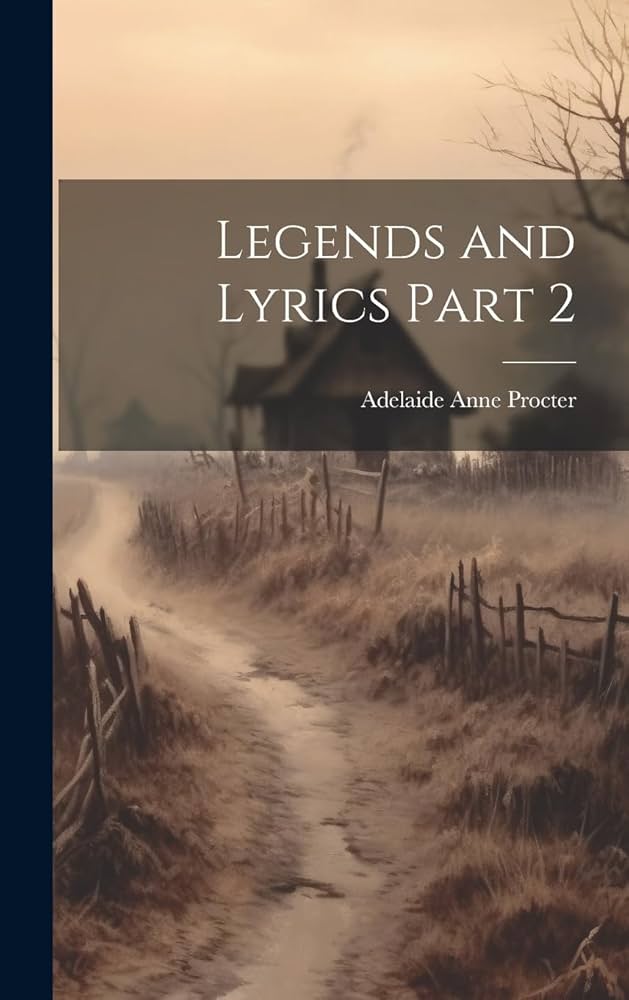VERSE: Two Worlds
byTwo Worlds begins by immersing the reader in a vision of creation unspoiled—a realm where everything sings in harmony with the divine. God’s world, as depicted, pulses with beauty that transcends form: light glides over valleys, stars dance in ordered rhythm, and every breeze carries the tone of affection. There, strength is not harsh but gentle, and beauty is not vain but noble, shaped by the balance only divine intention can bestow. Light, more than mere illumination, becomes a tender garment draped across the world, casting clarity over all things. In this pure design, every living form moves in accord with Love, which flows like breath through rivers, rain, and sky. There is no fear, only purpose—each being guided, never lost.
From this height, the descent into man’s world is stark. What was once ordered has been bent; what was once whole is now marred by man’s restless hands. Strength becomes a tool of control, no longer shaped by beauty but twisted by desire and pride. In place of harmony stands chaos, born not from nature but from humanity’s estrangement from its source. Where God’s world moves in light, man’s creation drags through shadow. Pain rises not from divine will but from disconnection—a self-inflicted wound mistaken for fate. The purity offered freely has been traded for unrest, and love has been distorted into possession and loss.
The poem makes clear that this is not a punishment handed down but a choice made repeatedly through ignorance and ego. Man’s domain, once shared with heaven, has been encased in walls of sorrow built by ambition, cruelty, and indifference. Still, the divine continues to reach out, offering reminders through beauty and grace that remain untouched. Flowers bloom in ruins, doves coo beneath storms, and stars keep shining above cities drowning in noise. But man, ears dulled by complaint, blames the heavens for the fire in his own hands. This blindness turns joy into burden and mercy into something suspect. The truth is not hidden—it is ignored.
Yet even in this brokenness, the original thread of divine intention has not snapped. It hums softly beneath the surface, waiting to be recognized, calling humanity back to a state of grace. The poem does not offer despair as a conclusion, but an awakening. It urges the reader to see not just the contrast, but the invitation—a return to alignment with the world as it was made, not as it has become. That return is not mythical or distant; it begins in choice, in vision, in reclaiming the simplicity of light and the unshakable quiet of Love. In doing so, man might once again make beauty strong, and strength kind.
Through this contrast, the poem captures the weight of responsibility and the lightness of possibility. It does not deny suffering, but repositions it as a sign of the distance between what is and what could be. The suffering of the human world is not born of malice from above but of forgetfulness below. What is divine still exists—it simply waits to be seen. The gap between the two worlds is not measured in time or space but in perspective. It is bridged by the heart’s decision to open again to truth.
Two Worlds ultimately calls for recognition, not regret. It beckons readers to strip away the noise, the dust, the layers of hardened sorrow, and find again the gentle power that still pulses in every drop of rain and ray of light. It is a reminder that while mankind may build his own kingdoms of ash, the kingdom of heaven remains—untouched, unchanged, and always near. Reconnection does not require grandeur, only the humility to see and the courage to soften. In that shift, in that small but potent return to source, the two worlds may begin to converge again. Not in perfection, but in peace.

